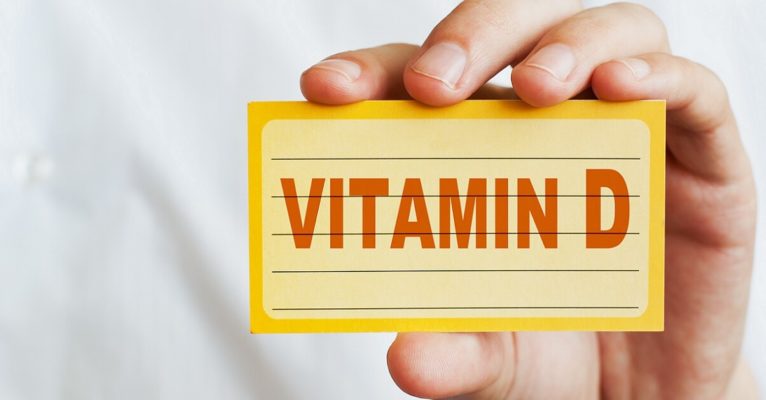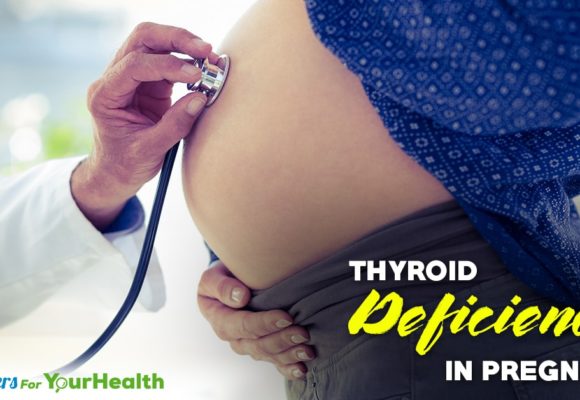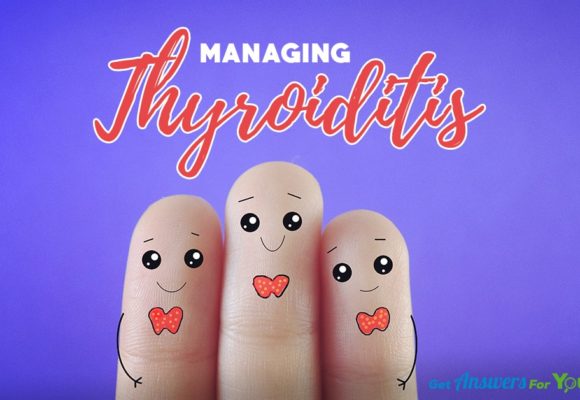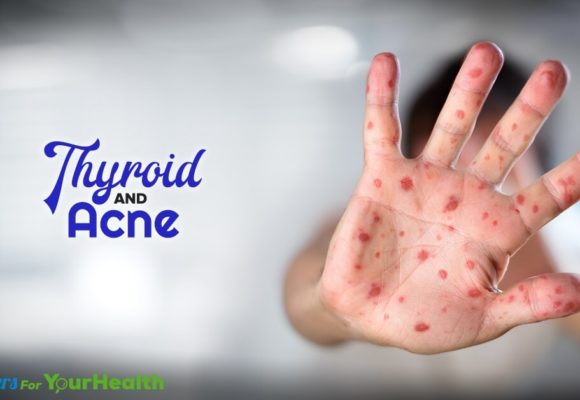1) Grab a FREE copy (Value $14.95) of one of my books Thyroid Symptom Overload
Just pay shipping $7.95 for any US orders. Or, if you want to pay full price plus shipping, order from Amazon :)
2) Take our Thyroid Quiz today and find out what "Thyroid Type" you have
This quiz will help you quickly discover where your symptoms are stemming from.
3) Join Our Thyroid Advocate Membership Site - Natural Thyroid Academy
FREE for a limited time. No credit card required.
4) Work with me and my team privately
Schedule your FREE 15 minute phone consultation and we can find out the best way to help you specifically.
Vitamin D supplementation for patients of thyroid or autoimmune disorders, and obese people is becoming increasingly popular – and for good reasons. Vitamin D is often referred as an immune modulator for its effectiveness in reducing the incidence of immune system imbalances or autoimmune disorders.
How Vitamin D Affects Autoimmune Thyroid Disorder?
Vitamin D is either ingested or synthesized in the skin when it is exposed to the sunlight. Natural vitamin D is found in two forms: Vitamin D2 and D3. Vitamin D2 is obtained from plant-based food and supplements. Vitamin D3 is obtained from plant-based food, animal food, and supplements.
The ingested, injected, or absorbed vitamin D molecules are transported to the liver, which converts them into calcidiol. The kidneys or macrophage or monocytes in the immune system convert calcodiol into calcitriol – a bioactive form of Vitamin D. Calcitriol, converted by the kidneys, is used to regulate calcium. The calcitriol converted by the immune system is used as microbial agent. When calcitriol is released in the blood, it binds with the receptor proteins to reach its destination tissues. At the destination tissues, calcitriol binds with Vitamin D Receptors, which are available in almost all organs of the body, and are the biological subsets of the receptors of thyroid hormones.
These Vitamin D Receptors are found on the white blood cells of immune system, including the monocytes, as well as the T and B cells. People with polymorphic or genetic variants of Vitamin D receptors require higher quantities of vitamin D to stop or prevent autoimmune disorders. This is how the deficiency of Vitamin D can trigger autoimmune thyroid disorder.
Symptoms of Autoimmune Thyroid Disorder
- Joint or muscle pain
- Fatigue
- Paleness of skin
- Puffiness of face
- Constipation
- Weight gain
- Depression
- Slowed heart rate
- Irregular (low or heavy) menstrual period
- Brittle nails
- Hair loss
- Cold sensitivity and inability to getting warm
- Difficulty getting pregnant
Hashimoto’s Hypothyroidism
It is not a surprise anymore that 92% of the Hashimoto’s hypothyroidism (also known as Hashimoto’s thyroiditis) patients are vitamin D deficient. It is an autoimmune disorder in which, the body’s immune system turns against its own thyroid tissues and destroys the thyroid cells. Due to lack of thyroid tissues, the body receives fewer than required thyroid hormones to maintain healthy metabolism, and experiences the symptoms of Hashimoto’s hypothyroidism, which are quite similar to the symptoms of autoimmune thyroid disorder.
Various studies suggest that Hashimoto’s hypothyroidism is directly related with low vitamin D levels and inversely related with the anti-peroxidase and anti-thyroglubulin levels. As vitamin D regulates the immune system, its deficiency can stimulate the genes, such as Hashimoto’s.
Thyroid Cancer
A study, published in 2010 in the Archives of Medical Research, revealed that patients with:
- Papillary thyroid cancer
- Follicular thyroid cancer
- Anaplastic thyroid cancer
had low vitamin D levels, which continued to decrease as the condition of thyroid cancers became worse. Vitamin D offers necessary protection required for thyroid glands to prevent from becoming cancerous.
Is Diet and Sunlight Enough for Promising Vitamin D Levels?
We all know that excessive sunlight is cancerous, and consuming pounds of seafood to fulfill daily Vitamin D requirements is almost impossible. Therefore, a majority of people seek health in oral supplements or injections. Even if your diet and sun exposure are enough to fulfill your vitamin D requirements and you do not require the supplements, you may still have low vitamin D levels. The reason of this could be any of the following.
Genetic History
The musculoskeletal health after 30 years of age could be affected by vitamin D deficiency, triggered by any or all of the four genes variants. Three of these variants have been found involved in essential body functions, including transporting vitamin D to different parts of the body, Vitamin D metabolism, and cholesterol build-up in the body. The fourth variant could differ from person to person. If the aforementioned three variants are lower in the body, the chances of Vitamin D deficiency are also lower.
To explain it further, the wide reach of Vitamin D within human body is accomplished with its ability to bind with Vitamin D receptors. Found in the immune cells, these vitamin D receptors help regulate the immune system balance and assist the production and dissemination of pro-inflammatory messages. Genetic variants or genetic polymorphism could affect the performance of receptors, enzymes and proteins that help the body in utilizing Vitamin D. Such genetic differences may lead to thyroid cancer or Hashimoto’s disease.
Disturbed Gut
It could come as a surprise that even if the diet is balanced, sun exposure is sufficient, and the genetic variants are low, the chances of vitamin D deficiency are still high due to a leaky gut. Vitamin D is a naturally fat-soluble vitamin. In the presence of fat, it is absorbed in the small intestine. If the gut is leaking or inflamed, it may interfere with the absorption of vitamin D into the small intestine, causing its deficiency in the body.
What is Vitamin D Toxicity? How it Affects the Thyroid?
Hypervitaminosis D is a rare but very serious health condition, which occurs due to excess vitamin D in the body, often known as vitamin D toxicity. However, Vitamin D toxicity rarely occurs due to sunlight or food. Most often, it occurs by consuming vitamin D supplements in more than the required quantities. Vitamin D toxicity in the body stimulates calcium build-up in the blood; a condition known as hypercalcemia.
As vitamin D is a fat-soluble vitamin, it becomes difficult for the body to get rid of its excessive molecules. Vitamin D works as steroid hormones in the body. The vitamin enters the cells and stimulates them to activate or deactivate genes. A majority of the vitamins in the body are found in stored form, or bound with the receptors or carrier proteins. Since free vitamin D molecules are rarely available, the body usually becomes unable to detach and get rid of the excessive vitamin D in it.
The Healthy Vitamin D Range
The exact threshold of safe or toxic vitamin D level is tough to define, as each body’s anatomy is different from the other. Generally, 4000 IU vitamin D is considered safe for a normal person. However, up to 10,000 IU Vitamin D has been found harmless in healthy people.
Only a general physician should determine the vitamin D requirement in a person’s body after proper examination. If a person has symptoms of hyperthyroidism, hypothyroidism, or Hashimoto’s thyroiditis, it does not mean that the person should start supplementing Vitamin D capsules, injections, or tablets, as it may lead to Vitamin D toxicity. A doctor’s visit is mandatory before any practical treatment.
Foods Rich in Vitamin D
Vitamin D is not readily available in a majority of the foods. However, the daily requirement could be met without supplements by organizing the meals properly.
- Soybean
- Collard
- White beans
- Kale
- Okra
- Spinach
- Fish, including sardines, salmon, rainbow trout, and perch
- Red meat
- Breakfast cereal
- Oatmeal
- Orange juice
- Beef liver
- Egg yolk
- Cheese
- Raw milk
- mushrooms
Fermented vegetables (those low in copper) help treat the thyroid disorders.
Diagnosis of Vitamin D Deficiency
Vitamin D deficiency at young age can cause rickets in children, and various diseases in the adults, such as skeletal diseases, cardiovascular diseases, metabolic disorders, cognitive disorders, cancer, autoimmune disorders, and even mortality.
Vitamin D levels are measured with simple blood tests. However, proper and reliable testing is necessary before initiating the treatment plan. Wrong measurements may exasperate the thyroid conditions. 1,25(OH)2D test is rarely recommended, as it is affected by phosphorus and calcium levels, as well as parathyroid hormone levels in the body. Hydroxyvitamin Thyroid or 25(OH)D is a reliable test that reflects the accurate measurements of vitamin D obtained from your diet and sunlight.
Treatment for Vitamin D Deficiency
Vitamin D3 supplementation is prescribed to suffice Vitamin D levels in the body. Vitamin D2 has lower and short-term effect on the body, and may put the individual’s health at risk. The tenure of Vitamin D3 supplementation depends on the current Vitamin D levels in the body.
For patients, it is necessary to remember that Vitamin D absorption increases with fat as it is fat-soluble. The supplements should be taken with meals containing healthy fats. Ideally, the supplement should be taken with the largest meal of the day. The doctor may prescribe the supplement on daily, weekly or monthly basis. In obese patients, higher Vitamin D supplementation is recommended.
For any further details on the subject, please contact us.








